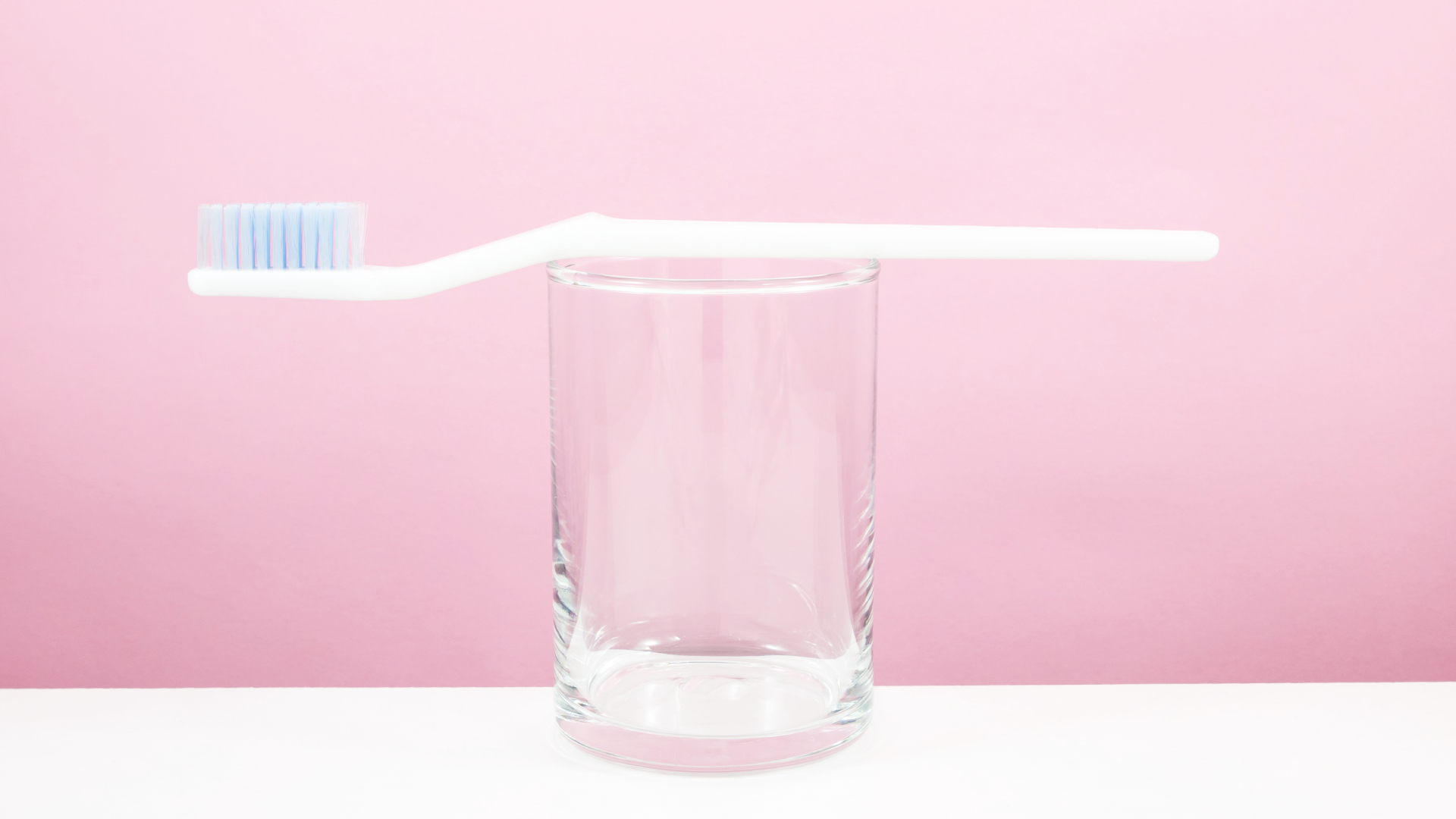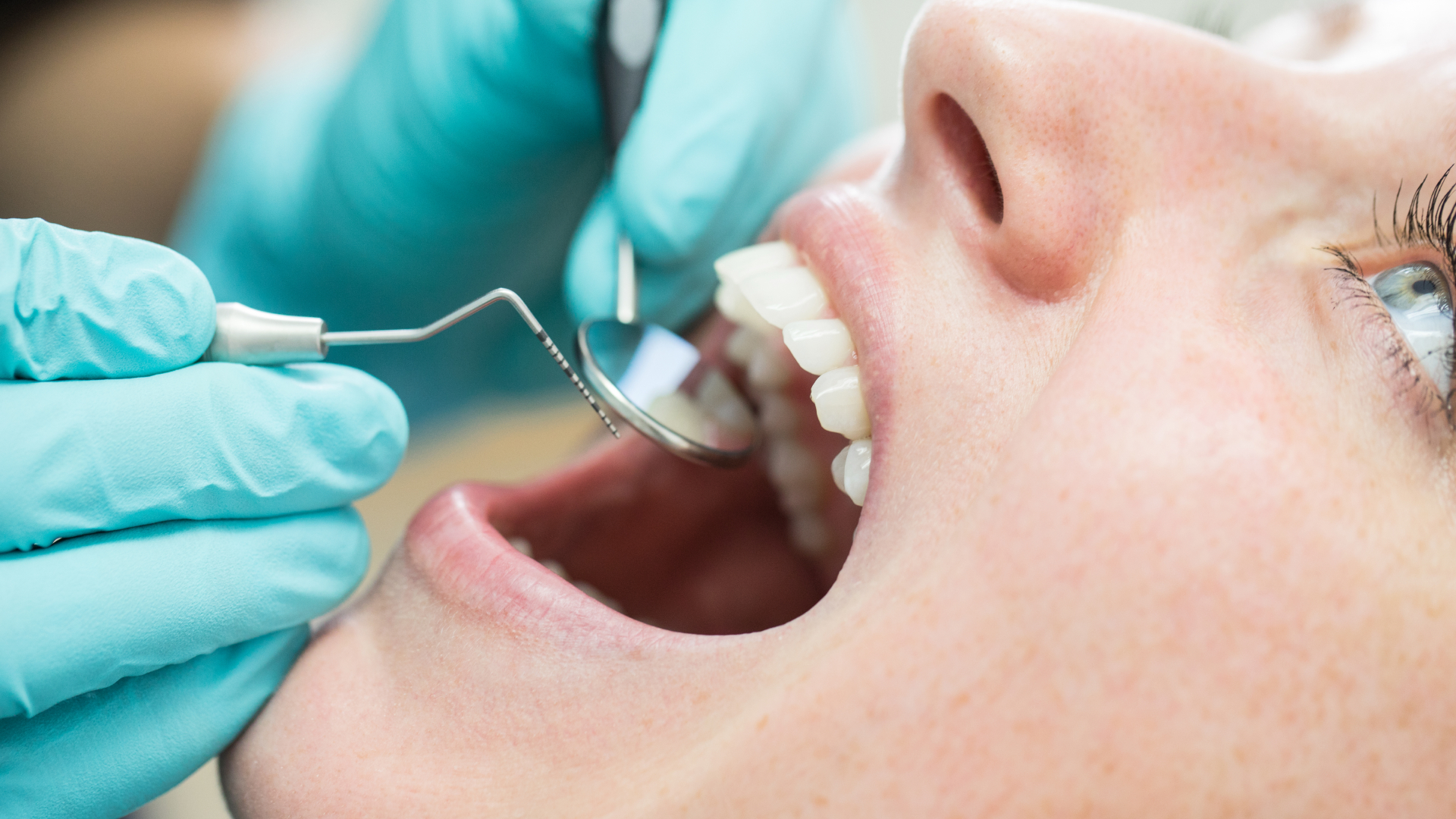6 at-home toothache remedies ranked by how easy and effective they are
Our ratings of the best at-home toothache remedies will help you get through painful days


The right toothache remedies will help you power through with minimal pain when you need a short-term solution for what can be a debilitating health issue. Natural solutions, as well as over-the-counter remedies, can be saviors for toothache—and we've ranked these solutions according to their ease and effectiveness.
Here's the scenario. You already have a busy day planned—errands during lunch, a work thing in the afternoon, followed by family activities at night—and now a miserable toothache is threatening to spoil your day. What to do, before you can get to the dentist, if needs be? Even people who keep up with great oral hygiene with regular brushes and flossing twice a day can come down with sudden tooth pain from time to time. Here’s what to do for a toothache — from trying the easiest and most effective quick fixes to knowing when it’s time to tell your dentist. Of course, prevention is always the best course of action, take a look at our guide to the best electric toothbrushes to help keep your oral hygiene in check.
Identifying the cause of the pain
Before you decide which toothache remedy to try, it's useful to identify the cause of pain. “Toothaches often signal that something is going on. They can be caused by a number of things such as cavities, gum disease, sensitivity, impacted or broken teeth, jaw joint pain, and even allergies,” explains Dr Yvette Carrillo, periodontist and implant surgeon. So, what helps to relieve a toothache will vary depending on what is causing the problem.
“The most effective way to remedy a toothache at home is to figure out the source of the ache,” Dr Carrillo adds. “Make note if the pain is sharp, dull, or lingers, and call your dentist as soon as possible. Once the source is determined, it can be remedied at home." Or, professional treatment may be necessary to solve the problem once and for all.
These are just some of the issues that can lead to toothaches and pains:
- Teeth grinding—if you struggle with bruxism, or teeth grinding at night, the aching and grinding can be prevented with a mouthguard.
- Orthodontics—if you have just had an adjustment to your orthodontic gear—check out Invisalign vs braces if you're considering such work—you may be left with some discomfort that a painkiller can alleviate.
- Sinus pressure—if you’re prone to sinus troubles, the inflammation can put pressure on the roots of your teeth. Clearing your sinuses will make your whole head feel better.
- Decay—if you’re experiencing tooth decay, a dentist can investigate the issue and recommend the right solution, like a filling for a cavity.
- Gum disease—if your gums become tender, irritated, or infected, this can make your teeth hurt. Gum disease can also lead to receding gums. A dentist can diagnose the issue and recommend the right treatment.
Top at-home toothache remedies

Whether your toothache is an early sign of tooth decay or the result of some short-term mouth trauma, like accidentally biting down on your fork too hard, these at-home toothache remedies can give you immediate relief.
1. Over-the-counter pain relief medication
Ease: 5/5
Sign up to our free daily email for the latest royal and entertainment news, interesting opinion, expert advice on styling and beauty trends, and no-nonsense guides to the health and wellness questions you want answered.
Effectiveness: 5/5
What is the best painkiller for a toothache? In a pinch, it’s probably the one you have in your purse. According to Dr Paul Springs of Timeless Dentistry, “It's important to get checked out by a dentist if the pain lasts more than two days. But while you're waiting, I recommend alternating acetaminophen and ibuprofen as painkillers and using a benzocaine numbing gel on the painful area.”
“Over-the-counter pain relievers such as aspirin, adult Aleve, and Tylenol can relieve pain” as well, says Dr Ronald T. Plotka of Doctor Plotka’s Mouthwatchers.
Speak with a pharmacist if you're unsure about what painkillers to take and when to take them, and always read the manufacturer's instructions.
2. Cold compress
Ease: 5/5
Effectiveness: 3/5
If a toothache suddenly flares up and you can’t find any painkillers, head for the freezer. As Dr Plotka recommends, “Keep your head elevated and use ice packs, but don’t chew on ice. Wrap ice in a towel and apply for 10 to 15 minutes to the side of your face where you feel pain. Repeat every 30 minutes to calm the aching."
A cold pack from a first aid kit will also help numb the pain if you don’t have any ice.
3. Saltwater rinse
Ease: 4/5
Effectiveness: 4/5
Struggling with a toothache and an all-over sore mouth? “If you can feel a particular sore spot other than on a tooth, rinsing your mouth with saltwater—1/2 teaspoon of salt in 1 cup of warm water—can help make it feel better,” notes Dr Springs. This is also an effective treatment for mouth ulcers and tongue pain.
4. Toothache drops or gels
Ease: 2/5
Effectiveness: 5/5
This one will require a trip to the local pharmacy, potentially delaying your pain relief. But, specially formulated topical toothache products can help you forget about the throbbing pain for a while. Look for drops or a gel that you can apply directly to the affected area, and follow the manufacturer’s instructions for the most effective results.
5. Clove oil
Ease: 3/5
Effectiveness: 4/5
“Clove oil can be a helpful natural pain reliever,” says Dr Springs. It works because it contains a natural anesthetic. You may have to make a special trip to buy it—and it might taste like a holiday ham—but the soothing effects will be worth it. “Put a few drops of clove oil in 1 teaspoon of olive oil, then apply a little bit of the mixture with a Q-tip to the affected area,” he adds.
Or, as Dr Plotka suggests, “Dilute a few drops of clove oil with water and use it as a mouthwash.”
6. Peppermint teabag compress
Ease: 3/5
Effectiveness: 3/5
Can’t stand the cold from an ice pack or the clove oil flavor? Make a beeline to the nearest tea station for a more familiar flavor that works as a warm compress instead. “Apply slightly warmed peppermint tea bags for a soothing effect,” suggests Dr Plotka.
When to talk to a dentist

“It’s important to make an appointment to see your dentist as soon as tooth pain develops,” says Dr. Carrillo. If your toothache doesn’t go away after two days, it could signal a bigger problem.
But even if it’s nothing too serious, a dentist can tell you how to stop a toothache now and prevent it from coming back later on.
woman&home thanks Dr Yvette Carrillo, Board Cert Periodontist & Implant Surgeon, Dr Paul Springs of Timeless Dentistry, and Dr Ronald T. Plotka of Doctor Plotka’s Mouthwatchers for their time and expertise.
Ciara McGinley is a meditation practitioner and health journalist. She qualified as a meditation teacher with the British School of Meditation in 2020 and is the founder of Finding Quiet, a series of classes, workshops and retreats that combine meditation practices and mindfulness techniques to make mindful living realistic in an always-switched-on modern world. She is all about bettering that mind-body connection but believes wellness looks different to everyone.
Ciara is also the former Health Channel Editor at woman&home and has covered all things health and wellbeing for years, from fitness to sleep to relationships.
